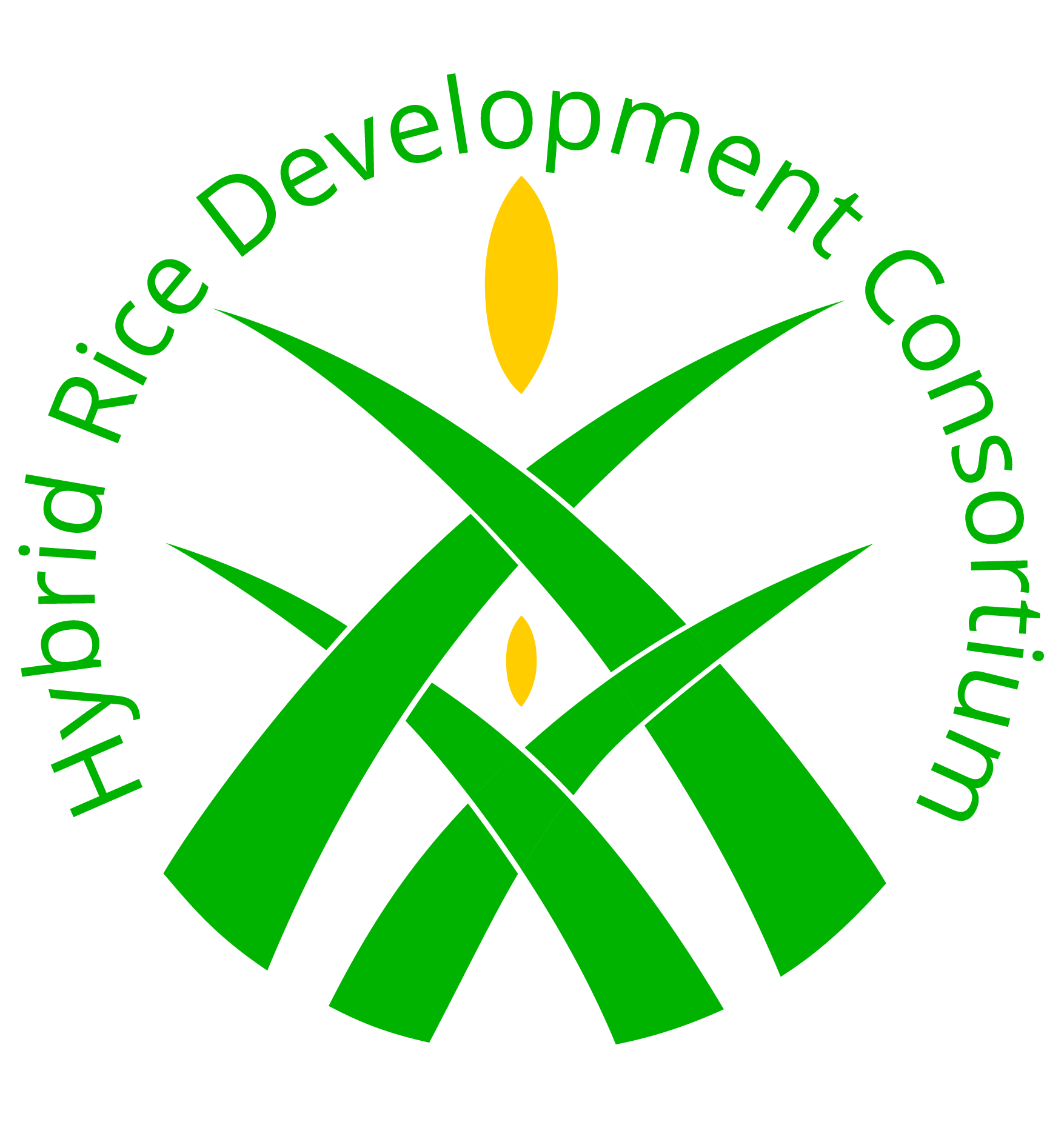HRDC-JAAS Hybrid Rice Breeding and Seed Production Training
2010 to 2015
Nanchang, China
One of the most important factors affecting hybrid rice application is to provide sufficient, high-quality, and affordable hybrid rice seeds to farmers. It is particularly essential in hybrid rice commercialization and in a hybrid rice R&D organization. One of the priorities listed by HRDC members is to provide the hybrid rice community with advanced and updated technologies and information on hybrid rice seed production and hybrid rice breeding.
Exclusive for HRDC members, a total of 51 participants had the privilege to attend the Hybrid Rice Breeding and Seed Production Training from 2010 to 2015. The training is implemented by JAAS (Jiangxi Academy of Agricultural Sciences) and HRDC with the aim of providing technical expertise to hybrid rice researchers and those involved in hybrid rice breeding and seed production. Training courses were jointly developed by JAAS and IRRI scientists.
The objectives of the training were to:
- Provide the participants with the theoretical knowledge on methods and techniques of hybrid rice parents, hybrid seed production, and hybrid rice breeding;
- Provide the guidelines of planning, field management, and experimental techniques for developing an efficient seed production plan;
- Provide opportunities to the participants to learn new techniques and share experiences with hands-on practice in hybrid rice seed production; and
- Learn experience from hybrid rice seed producers.
Other news items
IRRI Breeder To Address Hybrid Rice Adoption, Advances at Asian Seed Congress
BANGKOK: APSA’s Special Interest Group on Hybrid Rice will meet at the upcoming Asian Seed Congress to discuss the latest developments in research and market challenges. Rice is the most important staple food crop for more than half of world’s population. In the Asian...
Leading Philippine hybrid rice seed producer joins HRDC
LOS BAÑOS, Philippines—One of the leading hybrid rice seed producers in the Philippines, SL Agritech Corporation, signed an agreement at the International Rice Research Institute (IRRI) on May 3 to join the Hybrid Rice Development Consortium (HRDC). According to HRDC...
Leading vegetable seed producer in India eyes hybrid rice seed production
LOS BAÑOS, Philippines—One of India’s leading vegetable seed producers is expanding its products to include hybrid rice. The company recently joined the Hybrid Rice Development Consortium (HRDC) that promotes innovation and access to new germplasm and information on...
Rice sufficient in three years
Rice sufficiency may not be a far-fetched dream for the Philippines after all, if the country modernizes its agricultural sector. IRRI is working with the Philippine Department of Agriculture to help the country produce enough rice for millions of Filipinos. Hybrid rice is reportedly one crucial component of the plan.
The Philippines could be rice sufficient by 2020
By 2020, the Philippines could be self-sufficient in rice. But with shrinking lands, climate change, and other challenges, the plan to be self-sufficient by 2020 can only be fulfilled by using modern agricultural strategies like hybrid rice. Learn more about IRRI’s work on hybrid rice.
